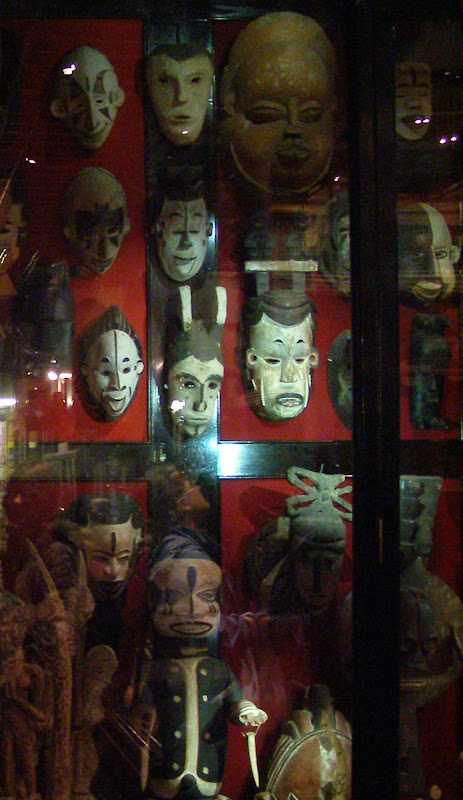Over at Edge.org, John Brockman asked over 160 scientists and other intellectuals what they had changed their mind about and why. Though not explicitly restricted to 2007, some people seem to have interpreted it that way.
My biggest change of mind during 2007 was brought about by reading Stephen Oppenheimer's The Origins of the British. Before then I had more or less accepted the traditional view that the English people were mainly descended from Anglo-Saxon and Scandinavian immigrants who arrived in the centuries following the departure of the Romans. However, Oppenheimer describes recent genetic work which indicates that most of the genes in present day English people have been in England since well before the Romans arrived. Indeed, most of these genes probably came with the first people to recolonize England after the ice sheet retreated around 10,000 years ago.
Last summer I stood on one of the Bronze-age burial mounds on the moors above Guisborough and looked out over the town that I, my father and his father had grown up in. For the first time, it occurred to me that we might actually be related to the people buried in those mounds.
 Fri 2008-01-04
Fri 2008-01-04 

